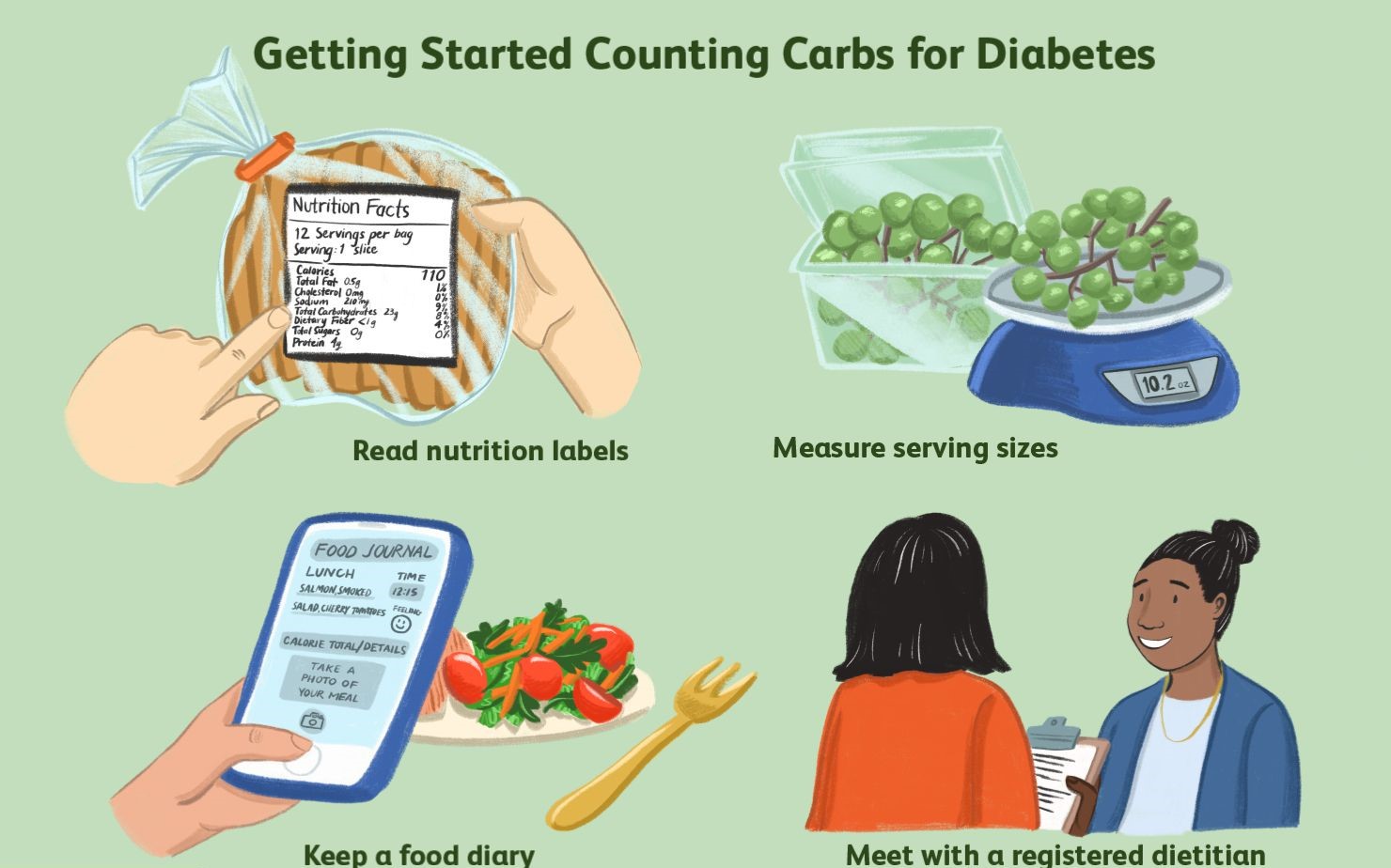“Prediabetes Diet: 10 Foods to Avoid for Better Blood Sugar Control”
Prediabetes is a condition characterized by elevated blood sugar levels that are higher than normal but not yet in the diabetic range. It serves as a warning sign that changes in lifestyle and dietary habits are necessary to prevent the progression to type 2 diabetes. One of the key components of managing prediabetes is making wise food choices. In this blog post, we will highlight the top foods to avoid for prediabetes, helping you take control of your health and reduce your risk of developing diabetes.
Sugary Beverages
Sugar-sweetened beverages like soda, fruit juices, sports drinks, and sweetened iced teas are loaded with added sugars and provide little nutritional value. These drinks can cause a rapid spike in blood sugar levels and contribute to weight gain. Opt for water, unsweetened herbal tea, or infused water as healthier alternatives.
Refined Grains
Refined grains, such as white bread, white rice, and processed cereals, have been stripped of their fiber and nutrients. They are rapidly digested, leading to a quick rise in blood sugar levels. Choose whole grains like quinoa, brown rice, whole wheat bread, and oats, which are rich in fiber and promote stable blood sugar control.
Sweets and Desserts
Cakes, cookies, pastries, and other sugary desserts are high in added sugars, unhealthy fats, and empty calories. They can cause a rapid surge in blood sugar levels and contribute to weight gain. Limit your intake of these indulgences and opt for healthier alternatives like fruit salads, yogurt with berries, or a small piece of dark chocolate.
Processed Meats
Processed meats, including sausages, hot dogs, bacon, and deli meats, often contain high levels of sodium, unhealthy fats, and additives. These foods have been associated with an increased risk of type 2 diabetes and other health issues. Instead, choose lean sources of protein like skinless poultry, fish, legumes, and tofu.
Sweetened Breakfast Cereals
Many breakfast cereals marketed as healthy options are loaded with added sugars. They can cause a rapid spike in blood sugar levels and leave you feeling hungry soon after. Opt for whole grain cereals with no added sugars or choose to prepare oatmeal or homemade granola using natural sweeteners like fresh fruit or a drizzle of honey.
https://sugarfreeshop.online/2023/06/16/delicious-and-nutritious-10-diabetes-friendly-dinner-ideas-for-a-healthy-lifestyle/
High-Fat Dairy Products
Full-fat dairy products like whole milk, cream, and regular cheese contain saturated fats that can contribute to insulin resistance and increase the risk of developing type 2 diabetes. Choose low-fat or fat-free options like skim milk, low-fat yogurt, and reduced-fat cheese instead.
Fried and Fast Foods
Fried foods, such as French fries, fried chicken, and battered snacks, are high in unhealthy fats and calories. They can lead to weight gain and worsen insulin resistance. Limit your intake of fried and fast foods, and opt for healthier cooking methods like baking, grilling, or steaming.
Sugary Condiments and Sauces
Condiments and sauces like ketchup, barbecue sauce, and sweet salad dressings often contain high amounts of added sugars. Read food labels carefully and choose healthier alternatives like mustard, salsa, or homemade vinaigrettes.
Sugary Snacks and Energy Bars
Snack bars, energy bars, and granola bars are often marketed as healthy options but can be packed with added sugars and unhealthy fats. Check the ingredient list and opt for bars that are low in added sugars or choose natural snacks like nuts, seeds, or fresh fruit.
Alcohol
While moderate alcohol consumption can be enjoyed in some cases, excessive intake can lead to weight gain, high blood sugar levels, and an increased risk of developing type 2 diabetes. Limit your alcohol consumption and choose lower-sugar options like light beer, dry wine, or spirits mixed with sugar-free mixers.
Managing prediabetes involves making informed food choices to support blood sugar control and overall health. By avoiding or limiting the consumption of sugary beverages, refined grains, sweets, processed meats, and high-fat dairy products, you can reduce the risk of developing type 2 diabetes. Focus on incorporating whole grains, lean proteins, fruits, vegetables, and healthy fats into your diet to promote stable blood sugar levels and better overall well-being. Remember, consult with a healthcare professional or a registered dietitian to create a personalized meal plan that suits your specific needs and goals. Taking proactive steps towards a healthier diet can help you prevent or delay the onset of type 2 diabetes and improve your overall quality of life.













